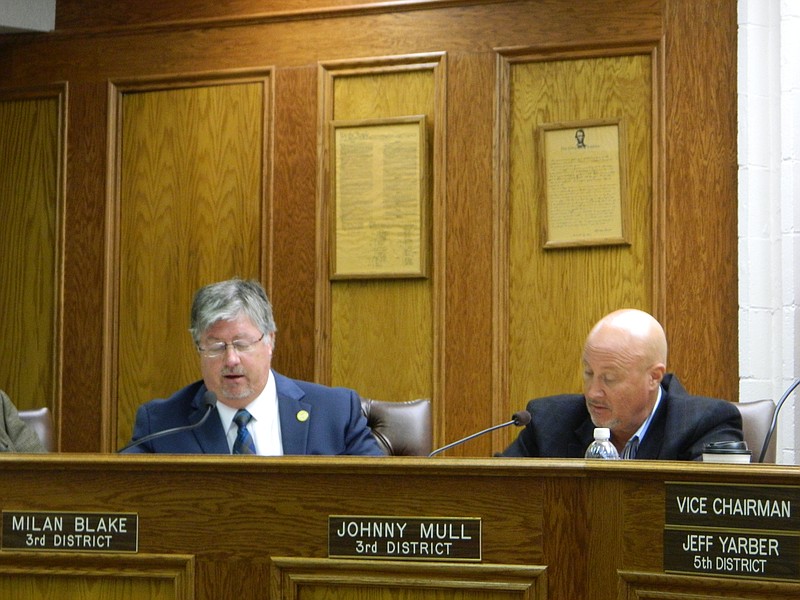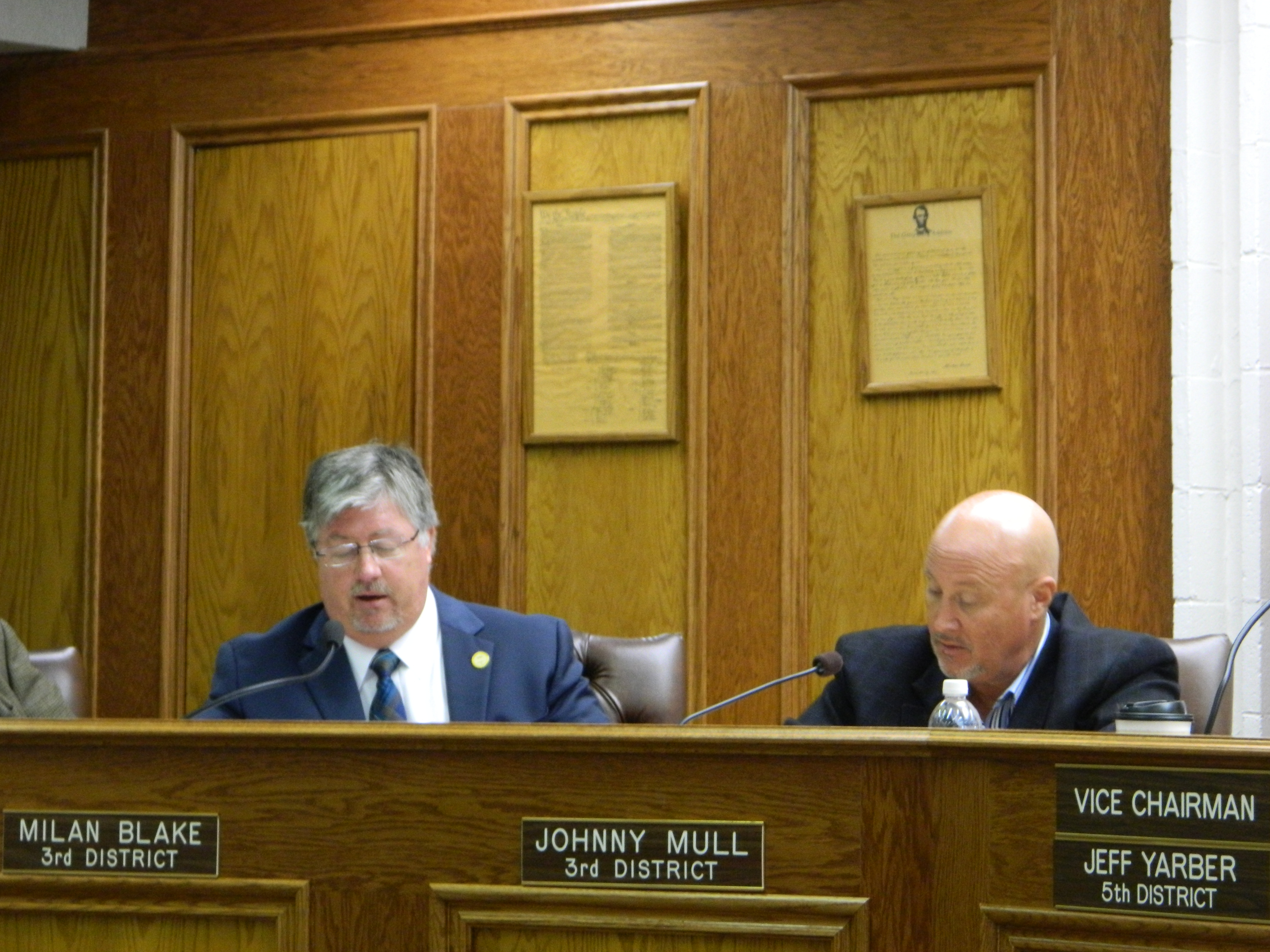CLEVELAND, Tenn. - Bradley County commissioners have expressed strong support for the county school board's efforts to secure more student funding from the state.
Last week, the Bradley County Board of Education passed a resolution that fueled the Tennessee School Boards Association's leadership conference to call for the state to fund all recommendations made by the BEP Review Committee in past years. The measure was taken in the wake of BEP funding reductions announced on Nov. 1.
On Monday, the Bradley County Commission voted 14-0 in support of the county school board's stand.
Commissioner Dan Rawls said he considers recent reductions in BEP funding to be retribution for a lawsuit filed in March by school boards in Hamilton County and six nearby counties, including Bradley, which claims the state is not fulfilling school funding requirements.
"They [the state] have come back now and want to cut BEP funding and eliminate some programs," Rawls said. "This, to me, is nothing but a vendetta. We should not allow the state government to manipulate and manhandle the local [school districts] like this."
Gov. Bill Haslam and Dr. Sara Heyburn, executive director of the Tennessee Board of Education whose staff administers the BEP Review Committee, have denied a connection between the lawsuit and funding recommendations.
The recent BEP report reflects the committee's 2015 priorities and a "collective, ongoing commitment to Tennessee's teachers and students," said Heyburn in an email.
Bradley commissioners questioned what else would drive cuts to recommended BEP funding.
Commissioner Bill Winters said he believed "shortfalls in the overall budget" would be cited as reasons for reductions.
The reductions in school funding do not square with projected state surpluses recently discussed by the Tennessee State Funding Board, said Commissioner Milan Blake.
Last Friday, the State Funding Board was presented with surplus estimates ranging between $340 million and $422 million for the fiscal year ending June 30, 2016. The year after that, those figures were projected to range between $376 million and $525 million.
Haslam cautioned education and TennCare costs could swallow up to $300 million of those projected surpluses.
If the state reductions to BEP funding continues, the shortfalls will have to be shouldered locally, said Commissioner Johnny Mull.
"Those local school boards will have to make that up somewhere," Mull said. "They will turn to their county commissions."
In other business, the Bradley County Commission voted 14-0 to join the Bradley County Board of Education in an appeal of a Chancery Court ruling concerning the county school system's claim on a portion of liquor tax revenues Cleveland has only distributed to the city school system over the last 30 years. Bradley County was a partner in the original lawsuit.
A partial ruling by Chancellor Jeri S. Bryant said Bradley County Schools has no claim on liquor consumption revenues generated after a 2002 Cleveland liquor-by-the-drink referendum. Bryant is currently considering whether any liquor consumption revenues generated prior to the referendum should be allocated to the county school system.
About $1 million is at stake in the lawsuit, according to a study performed by consultants associated with the County Technical Assistance Service.
Contact Paul Leach at paul.leach.press@gmail.com.

